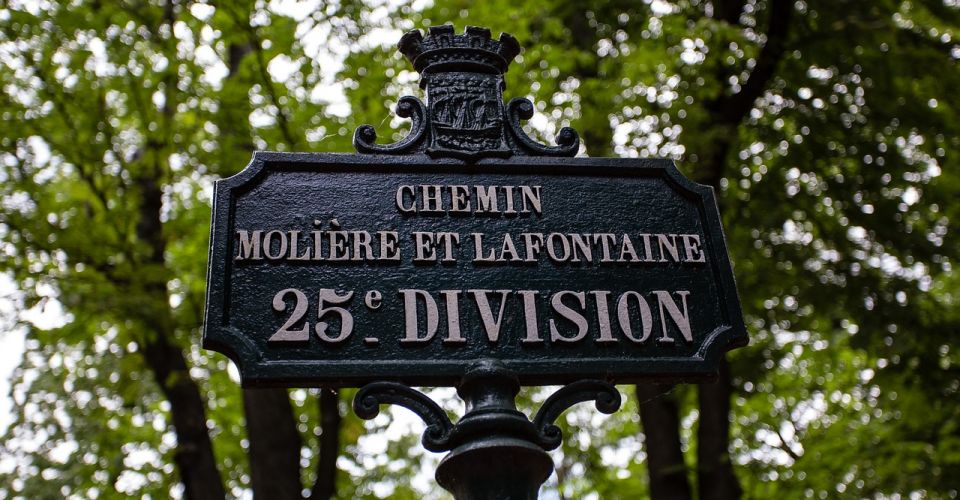
Around
Place de la Bastille
In the centre of the square, the famous "Génie de la Liberté" (Spirit of Freedom) commemorates the revolution of 1830, but is well known for the 1789 revolution. At the time, the square was occupied by the Bastille Prison, which was a symbol of absolute power in the Ancien Régime. After the prison was destroyed after the revolution, nothing remained. Today, the square plays host to large cultural events such as concerts, fairs and citizen events, and has many bars and restaurants close by on Rue de la Roquette for nightowls to frequent. The square is also the starting point for a stroll on the Faubourg Saint-Antoine, where you can discover courses and picturesque passages: Passage du Chantier, Cour de l'Etoile d'Or, Cour des Trois Frères... the iconic landmark of the district is the Opéra. Designed by architect Carlos Ott, this marvel of modern architecture with transparent facades was inaugurated on the day of the bicentenary of the French Revolution.
The Père- Lachaise cemetery
The Père Lachaise cemetery takes its name from King Louis XIV's confessor, Father François d'Aix de La Chaise. It is the most prestigious and most visited necropolis in Paris. Situated in the 20th arrondissement of Paris, it extends 44 hectares and contains 70,000 burial plots. The cemetery is a mix between an English park and a shrine. All funerary art style are represented: Gothic graves, Haussmanian burial chambers, ancient mausoleums, etc. On the green paths, visitors cross the burial places of famous men and women; Honoré de Balzac, Guillaume Apollinaire, Frédéric Chopin, Colette, Jean-François Champollion, Jean de La Fontaine, Molière, Yves Montand, Simone Signoret, Jim Morrison, Alfred de Musset, Edith Piaf, Camille Pissarro and Oscar Wilde are among some of them.
Canal Saint Martin
Extending over 4.5 km, of which 2 are underground, the canal has linked the Port de l’Arsenal to the La Villette canal basin since 1825. Its course across working class areas punctuated with locks, swing bridges, Venetian-style footbridges, and lined with chestnut trees and squares inspired Georges Simenon, Léo Malet and Marcel Carné in the film Hôtel du Nord. Not surprisingly, serenades by the water and supper under the stars have become an institution here, as have brunches, delightful retro bistros and colourful eateries on both sides of the canal banks.


 login
login


